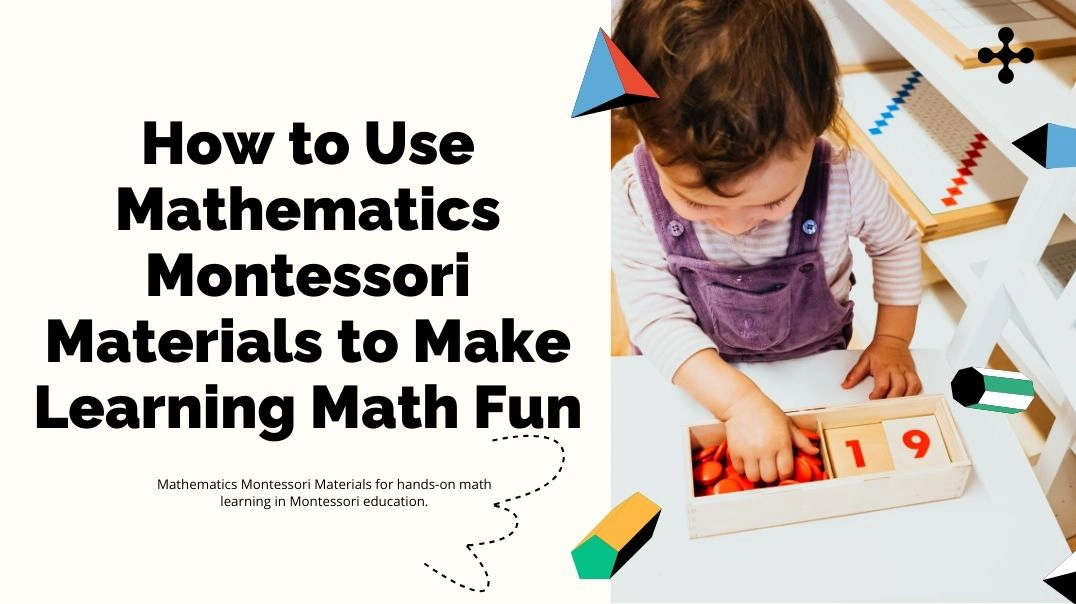
モンテッソーリ算数教材を使って算数を楽しく学ぶ方法
モンテッソーリ算数教材は、算数を実践的で、興味深く、深く理解できるようにします。体系的なアクティビティを通して、子どもたちは具体的な学習から抽象的な学習へと進み、生涯にわたる成功につながる批判的思考力と問題解決能力を育みます。

モンテッソーリ算数教材は、算数を実践的で、興味深く、深く理解できるようにします。体系的なアクティビティを通して、子どもたちは具体的な学習から抽象的な学習へと進み、生涯にわたる成功につながる批判的思考力と問題解決能力を育みます。
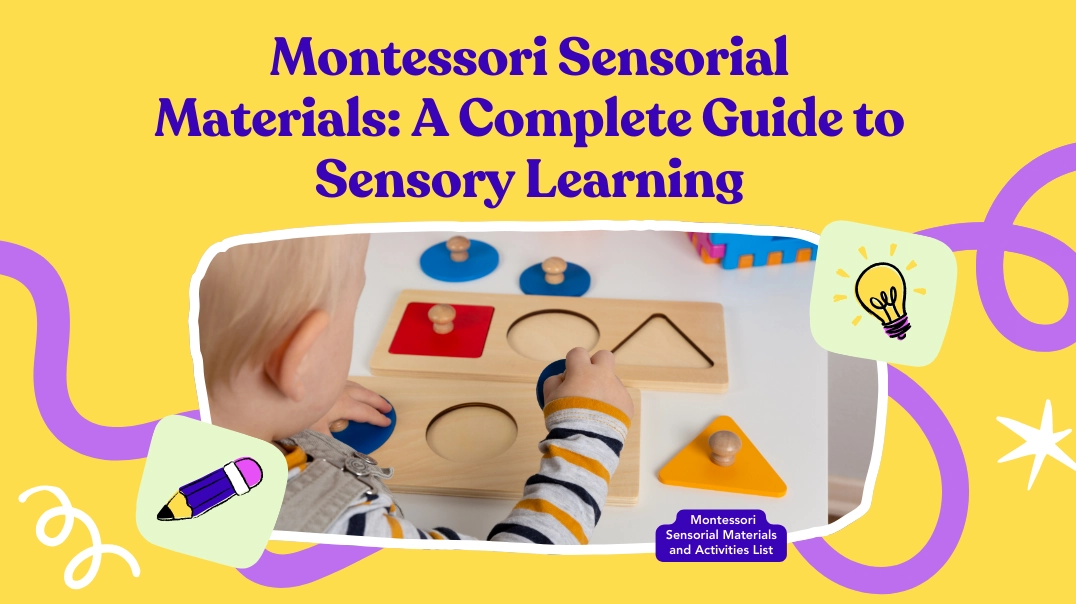
モンテッソーリ感覚教材は、子どもたちの五感を磨き、認知能力を発達させ、実践的な探求を通じて学術的および実践的な学習の基盤を築くのに役立ちます。
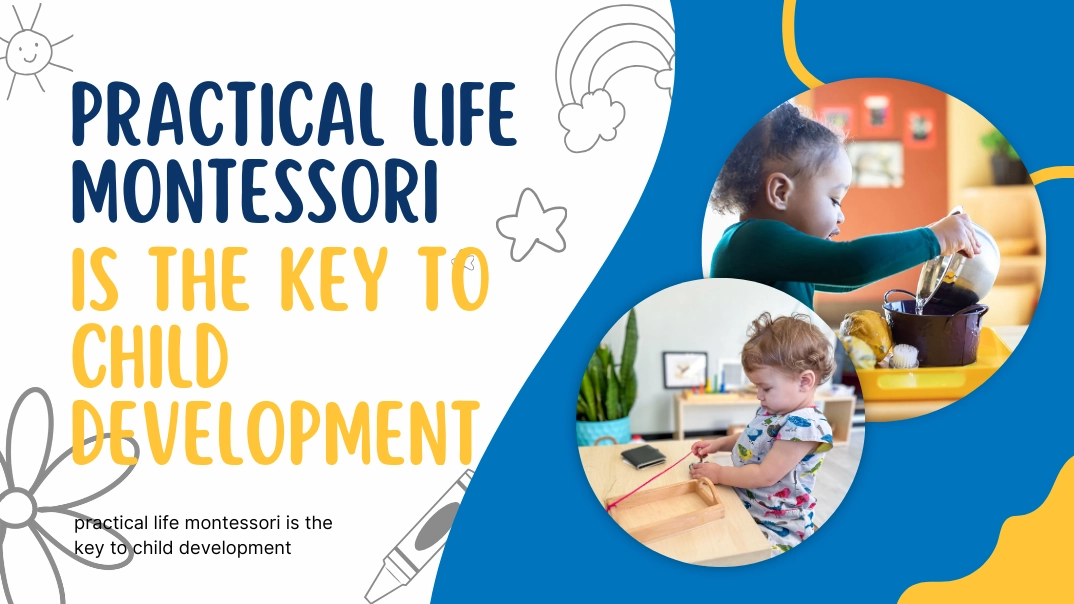
Practical Life Montessori focuses on helping children develop independence, confidence, and essential life skills through hands-on activities. By engaging in Montessori Practical Life Exercises, children learn self-care, environmental responsibility, and social interactions, preparing them for real-world success.
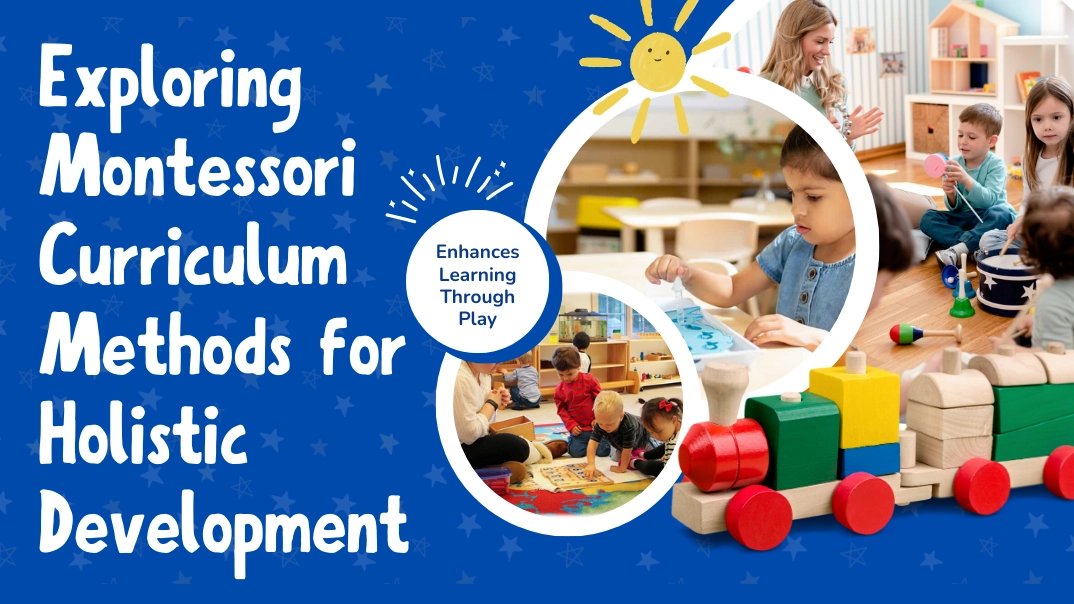
The Montessori curriculum offers a holistic approach to education, fostering independence, curiosity, and lifelong learning. From toddlers to high school students, it integrates hands-on activities, practical life skills, and cultural studies to create well-rounded individuals prepared for real-world challenges.
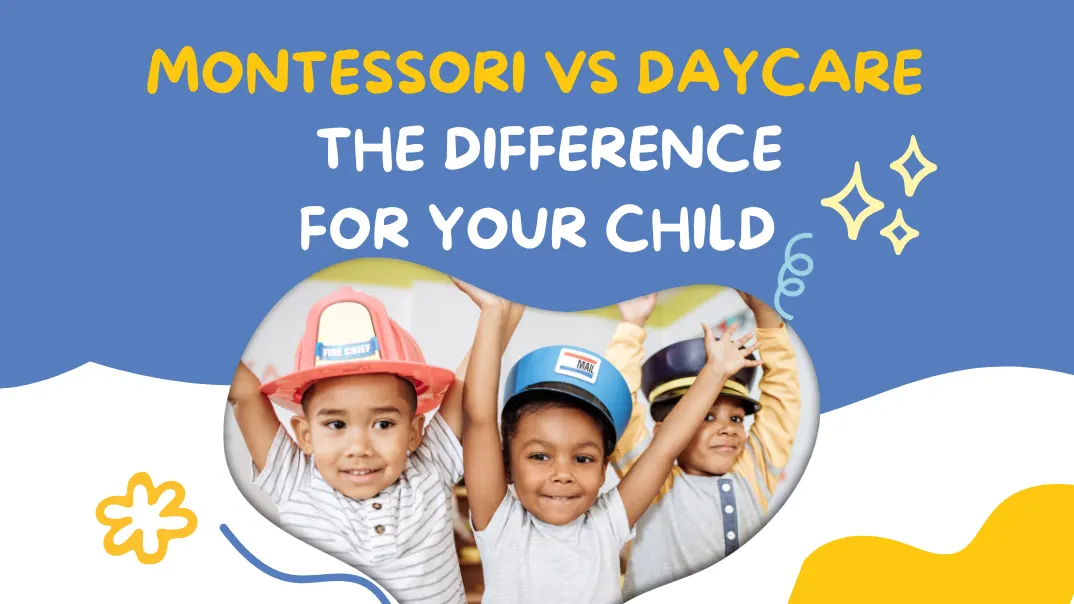
モンテッソーリ教育とデイケアは役割が異なります。モンテッソーリ教育は、準備された環境での自主学習に重点を置き、自立を促します。一方、デイケアは、主に安全で育成的な監督を提供し、柔軟な学習構造を採用することが多いです。
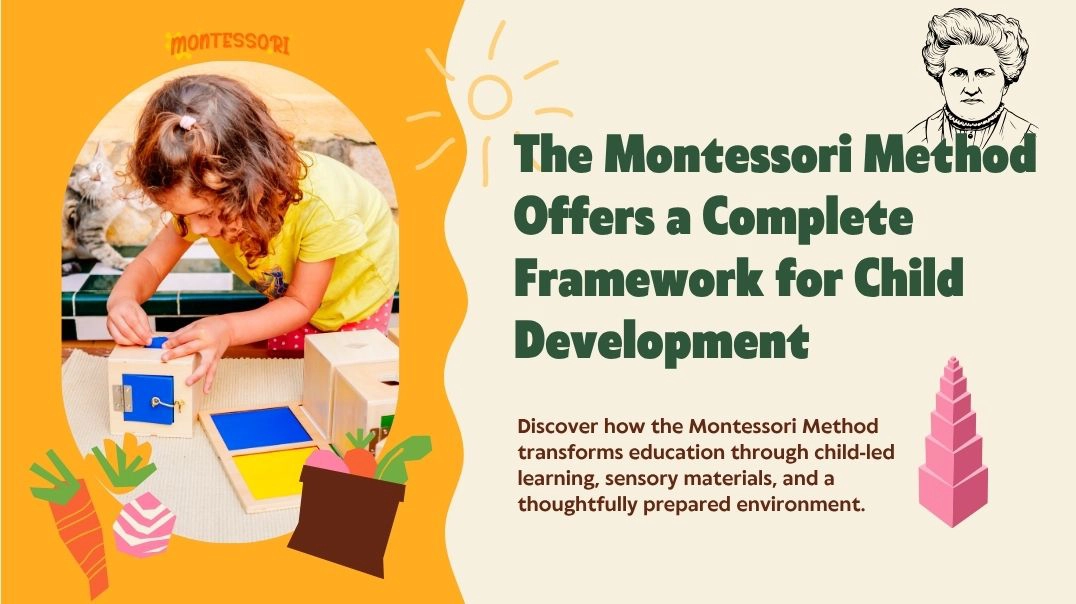
The Montessori Method is a transformative approach to education that places the child at the center of learning. Rooted in respect, independence, and hands-on exploration, it fosters cognitive, emotional, and social growth. This guide explores the method’s principles, environment, and real-world applications—offering a complete framework for child development.
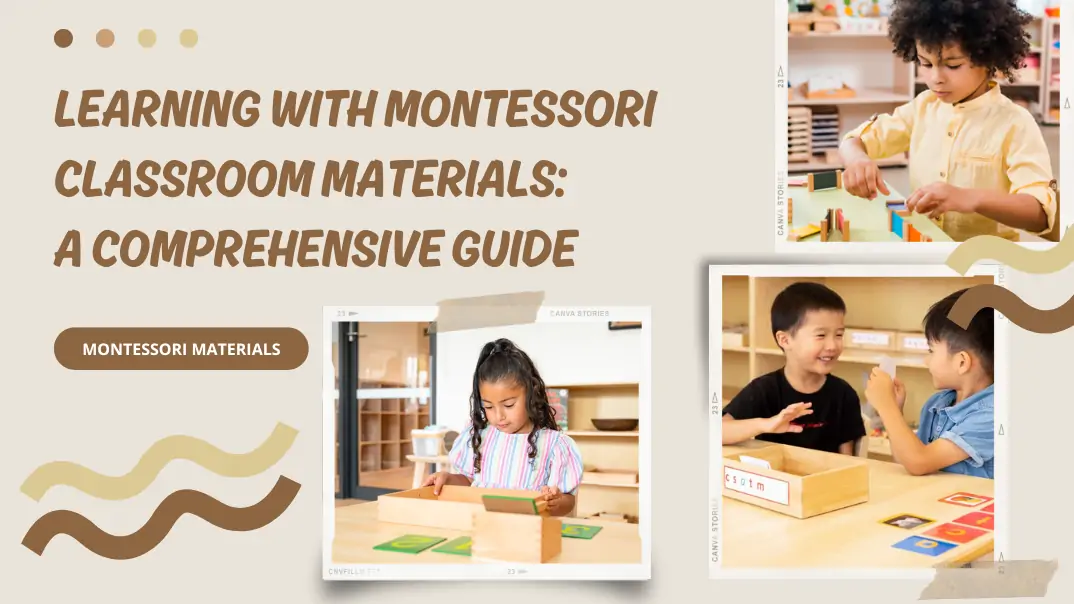
モンテッソーリ教育の教材は、実践的な学習、自己発見、そして認知発達を促進します。体系的でありながら柔軟な環境を提供することで、子どもたちが自分のペースで基本的なスキルを身につけられるよう支援します。従来の教材とは異なり、モンテッソーリ教育の教材は複数の感覚を刺激し、積極的な参加を促すため、学習を楽しく効果的なものにします。
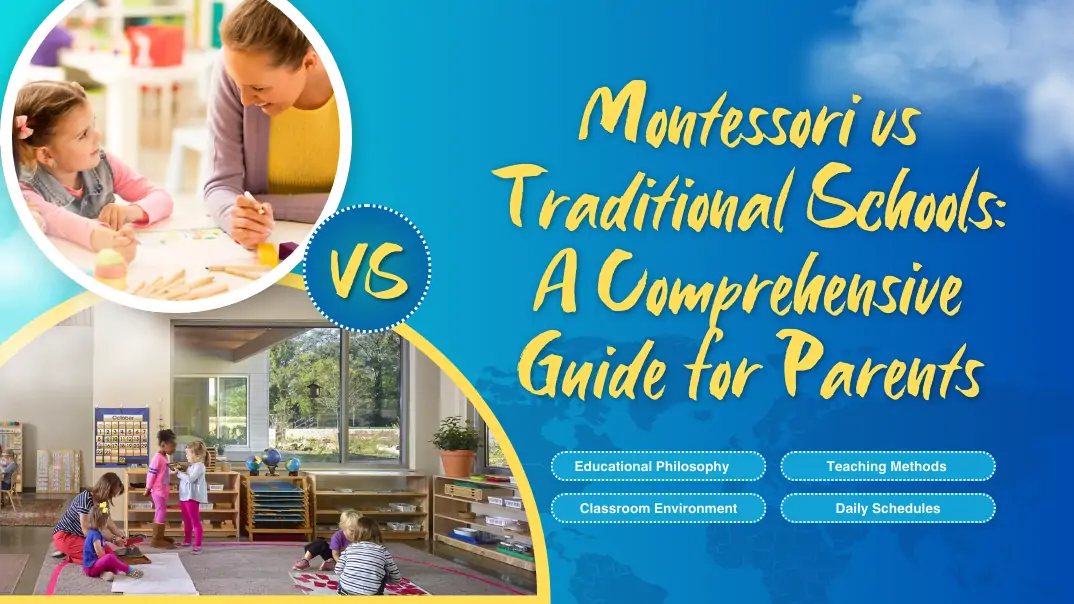
Choosing between Montessori vs traditional education is a critical decision for parents. Montessori education emphasizes child-led, hands-on learning, fostering independence and holistic development. In contrast, traditional education offers a structured, teacher-led curriculum with standardized testing and age-based classrooms. Each method has unique strengths and challenges, affecting your child’s learning experience and development. Understanding these differences can help you make an informed choice that aligns with your child’s needs and your educational values.
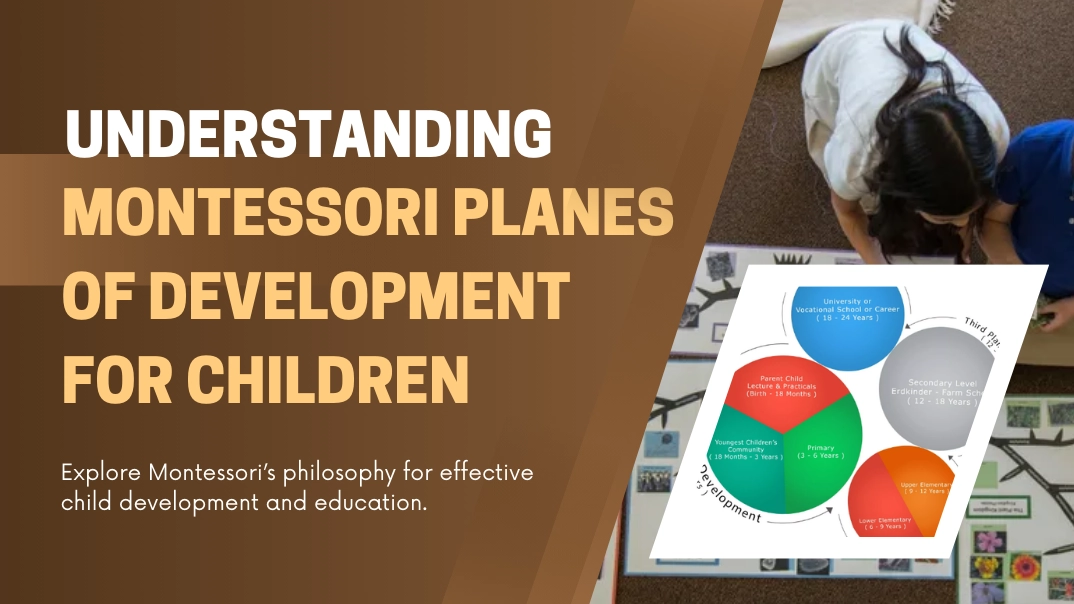
The Montessori Planes of Development offer a framework to understand how children grow through four key stages: Absorbent Mind (0-6), Reasoning Mind (6-12), Adolescence & Identity (12-18), and Maturity & Social Responsibility (18-24). This approach helps educators and parents support children’s development by recognizing their unique needs at each stage.
Chat With Us
下記のフォームにご記入ください。